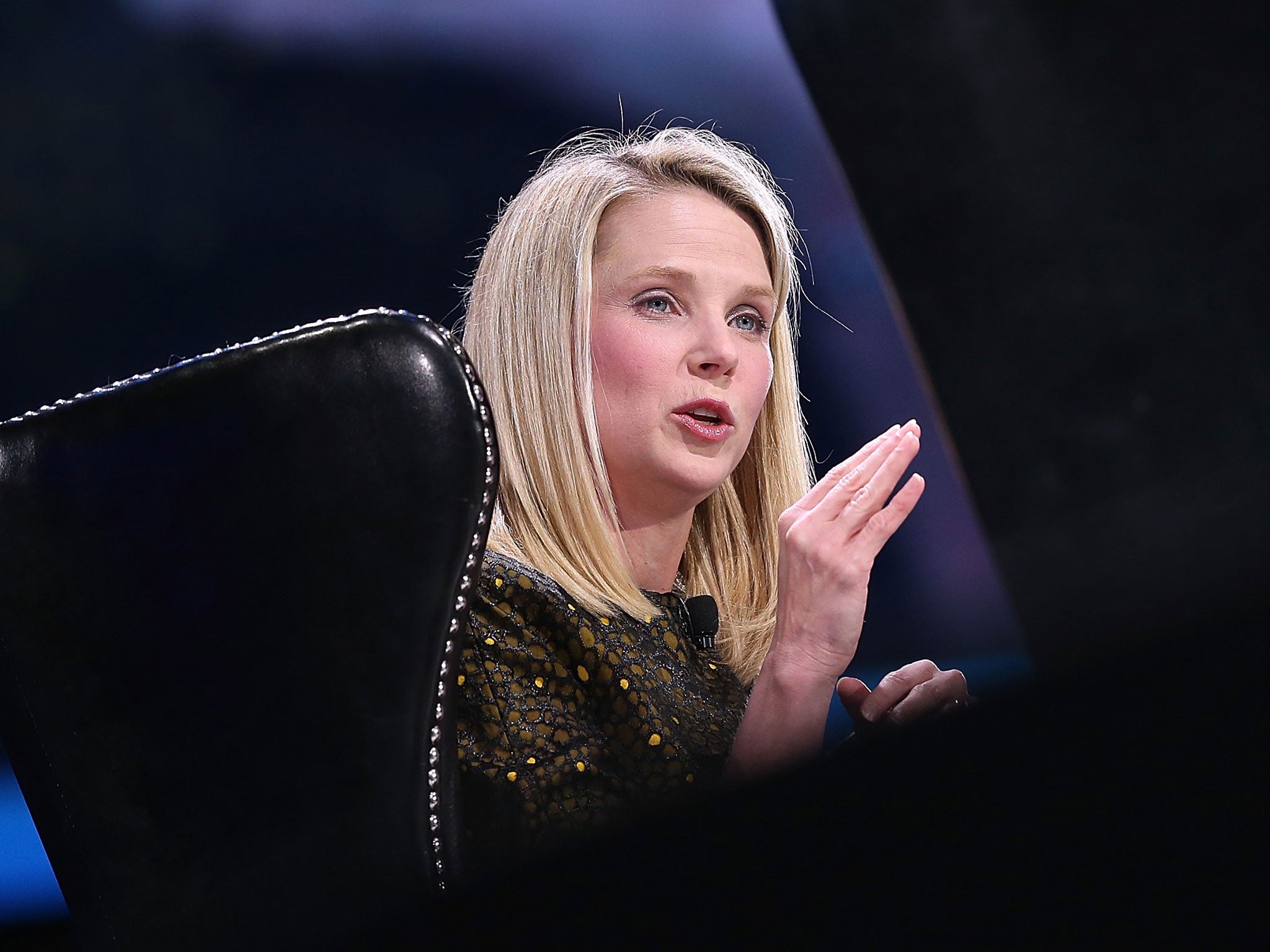Nikhil Kumar: Yahoo’s new direction since Marissa Mayer took charge to revive company by tooling it up for the mobile web is a gamble
Global Outlook: Making the most of new technological trends is only one part of the ex-Google executive’s plans

When Marissa Mayer took charge at Yahoo, the company’s mobile engineers numbered around 60. Now, their ranks have swelled to almost 400, which is in line with Ms Mayer’s strategy of trying to revive Yahoo by tooling it up for the mobile web.
The push certainly seems to be working. The website’s mobile audience, according to recent remarks by Ms Mayer at a technology conference, has expanded to almost 400 million per month, making Yahoo a major presence on the mobile web.
But making the most of new technological trends is only one part of the ex-Google executive’s plans for Yahoo. And the second part of her strategy was in the headlines days ago, when the website said it had signed up Katie Couric, the US TV anchor, to be its “Global Anchor.”
What that means exactly is not clear. The short announcement on Yahoo’s website doesn’t go into any details about Ms Couric’s new duties, clarifying only that, starting in early 2014, she will “lead a growing team of correspondents at Yahoo News who will cover the world’s most interesting stories and newsmakers”.
It seems to suggest that Ms Mayer, while she builds up Yahoo’s mobile know-how, is also trying to develop its capabilities as a content producer, something that might seem like an odd thing to do at a technology company. Ms Couric’s hiring – which couldn’t have come cheap, with the star anchor reported to have earned up to $15m (£9m) a year when she presented the evening news on CBS – comes after Yahoo snapped up David Pogue, the ex-New York Times technology columnist, and Matt Bai, the former chief political correspondent for the New York Times magazine.
Why is Ms Mayer trying to turn a technology company into a media business? To begin with, as has been widely noted, part of Ms Mayer’s challenge in reviving Yahoo is not just attracting new users but keeping them engaged so they keep returning. To use the jargon, this kind of “stickiness” in websites is highly prized by advertisers.
One, and perhaps the most obvious, way of doing this is coming up with a breakthrough product such as, say, Google’s search engine, which became everybody’s go-to tool for navigating the web. They kept returning, and Google kept growing its advertising business. Wisely, Ms Mayer seems have decided against taking on her ex-employer in a fight that Yahoo would probably lose, such is Google’s strength when it comes to search.
And so, she seems to be adopting a different strategy, inspired perhaps by the success of Netflix. Netflix was just a video service, marrying its technological know-how with external content. Lately, however, it’s been producing its own programmes.
With Yahoo, Ms Mayer seems to want to do the same by producing editorial content that not only keeps the website’s current users engaged but also boosts its audience as, for example, people tune in to watch the latest Katie Couric interview or read Mr Pogue’s verdict on the newest Apple gadget.
It is a risky strategy, building a media business inside a technology company that has lost its edge over the years. Will it work? We’ll have to wait and see. But it will be interesting to watch it play out.
Join our commenting forum
Join thought-provoking conversations, follow other Independent readers and see their replies
0Comments